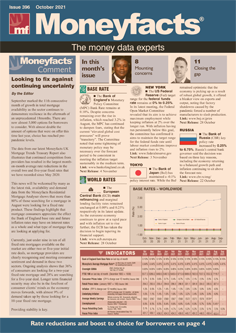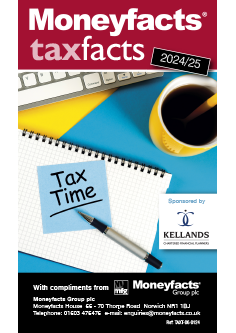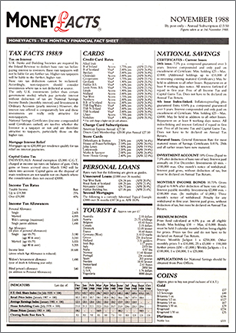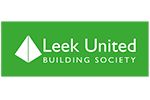Subscriptions Team
Subscriptions Team
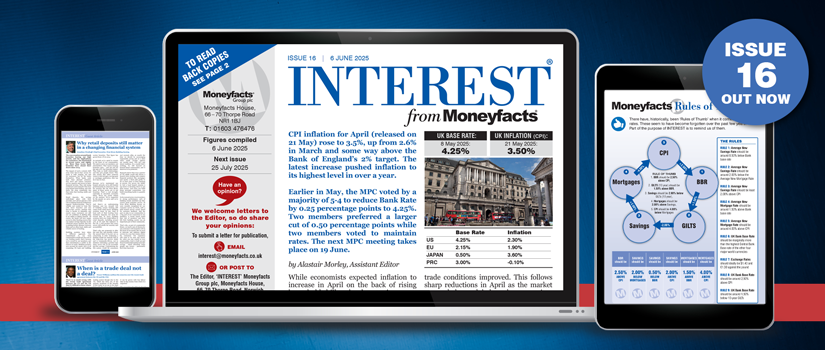
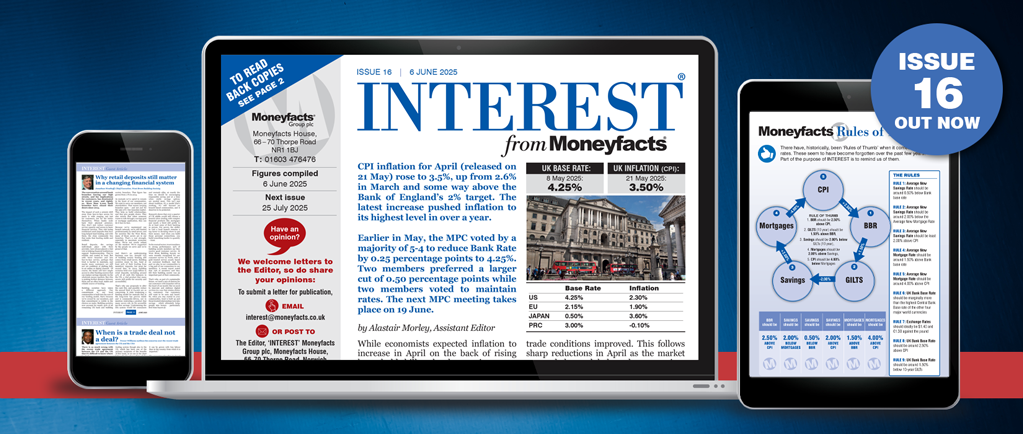
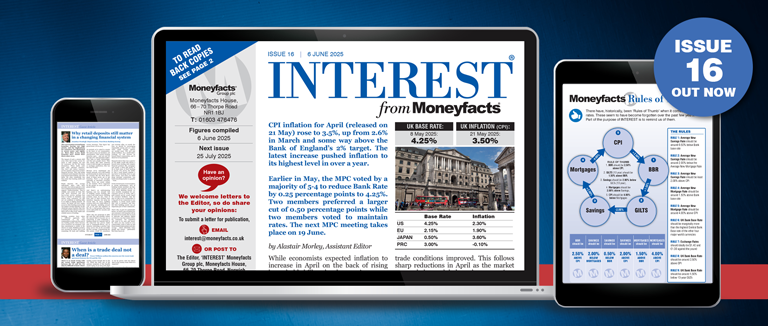
For more information, please contact our subscriptions team on tel: 01603 476100 or email subscriptions@moneyfacts.co.uk
For more information, please contact our subscriptions team on tel: 01603 476100 or email subscriptions@moneyfacts.co.uk
‘INTEREST’, uses Moneyfacts’ data, intelligent, impartial editorial and graphs to inform readers about what is going on with interest rates to make interest interesting.
‘INTEREST’ is timed to be printed and despatched in advance of meetings of The Bank of England’s Monetary Policy Committee.
Sitting alongside the other leading subscription publications - Moneyfacts, Business Moneyfacts and Investment Life and Pensions Moneyfacts - the new ‘INTEREST’ journal is available free to digital subscribers.
‘INTEREST’, uses Moneyfacts’ data, intelligent, impartial editorial and graphs to inform readers about what is going on with interest rates to make interest interesting.
‘INTEREST’ is timed to be printed and despatched in advance of meetings of The Bank of England’s Monetary Policy Committee.
Sitting alongside the other leading subscription publications - Moneyfacts, Business Moneyfacts and Investment Life and Pensions Moneyfacts - the new ‘INTEREST’ journal is available free to digital subscribers.
Issue sixteen of ‘INTEREST’ includes:
Issue sixteen of ‘INTEREST’ includes:
Subscriptions Team
Subscriptions Team
Subscriptions Team
Subscriptions Team
Subscriptions Team
Subscriptions Team
